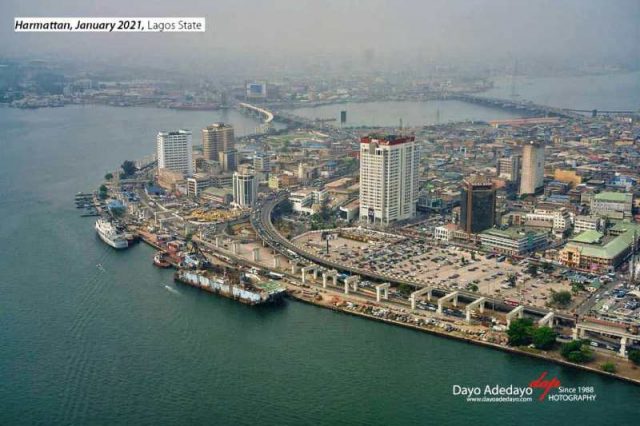…IMF team led by Ms. Jesmin Rahman held meetings with the Nigerian authorities from June 6-10, 2022, to discuss recent economic and financial developments
THUR, 16 JUNE, 2022-theGBJournal| An International Monetary Fund (IMF) team led by Ms. Jesmin Rahman held meetings with the Nigerian authorities from June 6-10, 2022, to discuss recent economic and financial developments, and the economic outlook for the country. At the end of the visit, Ms. Rahman issued the following statement:
“Economic recovery continues to gain strength on the back of services and agriculture with GDP growth reaching 3.6 percent (y/y) in Q1 2022. Latest data shows economic growth broadening to all sectors except oil, where production remains weak reflecting continued security and technical challenges.
“Inflation has reached 17.7 percent (y/y) in May led by a renewed surge in food prices, exacerbated by the war in Ukraine, and raising food security concerns as over 40 percent of the population live below the poverty line. To contain inflationary pressures, the Central Bank of Nigeria has recently hiked its monetary policy rate by 150 basis points to 13 percent.
“Regarding the external sector, the current account deficit narrowed significantly in 2021 helped by import compression and higher net oil balance. However, the improving trade balance, which has continued so far in 2022, is having a limited impact on Foreign Exchange (FX) strains with the exchange rate premiums in the parallel market staying in the 35-40 percent range since October 2021. Despite supportive oil prices, gross FX reserves fell to $38.6 billion at end-May 2022, having reached $41.5 billion in September 2021 boosted by SDR allocation and Eurobond issuance.
“Regarding the economic outlook, GDP growth is projected at 3.4 percent (y/y) in 2022 while inflation is expected to remain elevated. The fiscal deficit of the Consolidated Government is expected to remain high at 6.1 percent of GDP due in great measure to costly petrol subsidies and limited tax revenue collections. Downside risks to the near-term arise from further deterioration of security conditions, elections, low vaccination against Covid-19 and higher global interest rates. On the upside, steady private sector recovery and further broadening of growth, the start of operations at the Dangote refinery and decisive steps to mobilize revenues, in line with the Strategic Revenue Growth Initiative (SRGI) could spur inclusive growth and development.
Twitter-@theGBJournal| Facebook-The Government and Business Journal|email: gbj@govbusinessjournal.ng|govandbusinessj@gmail.com










